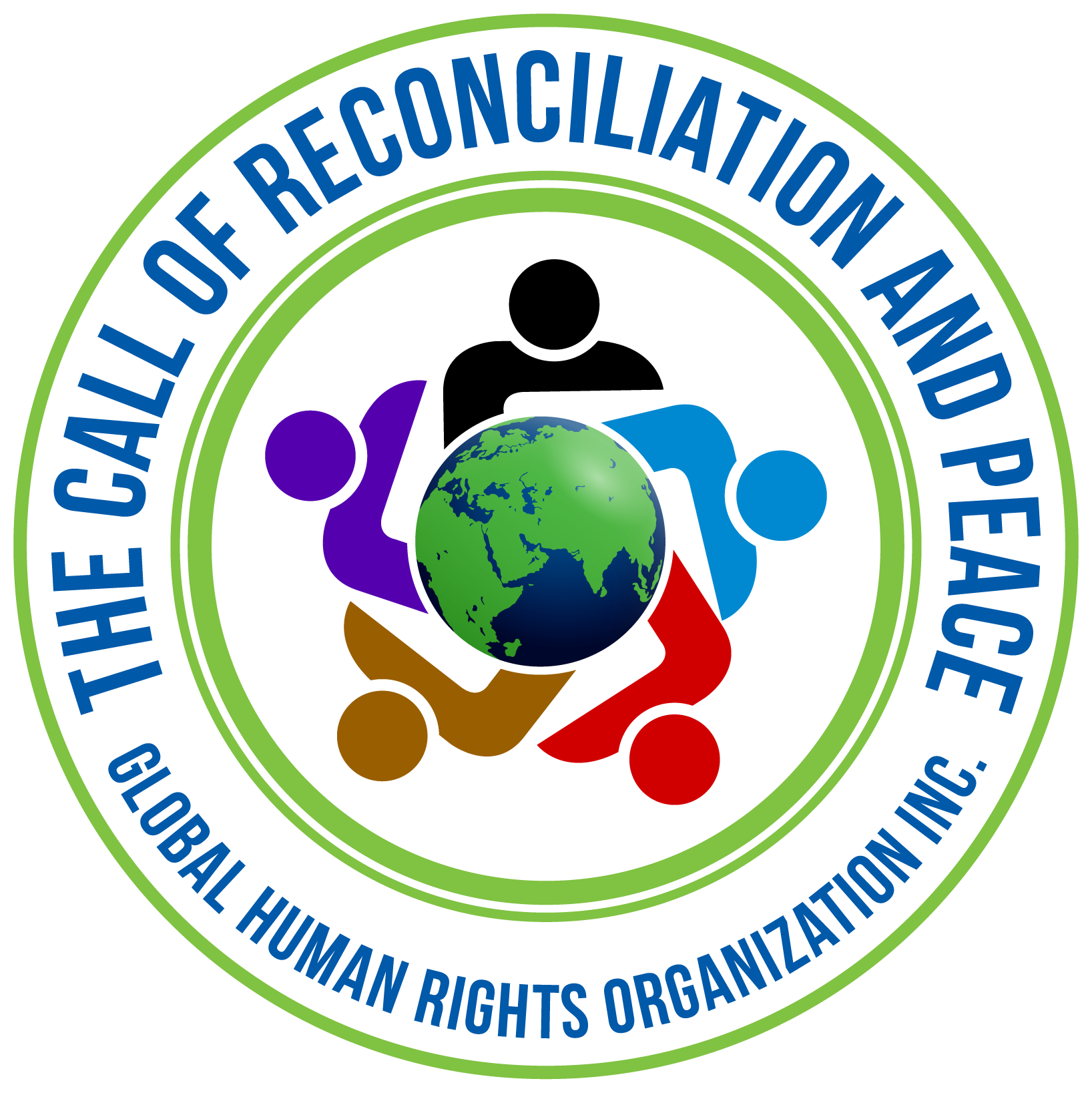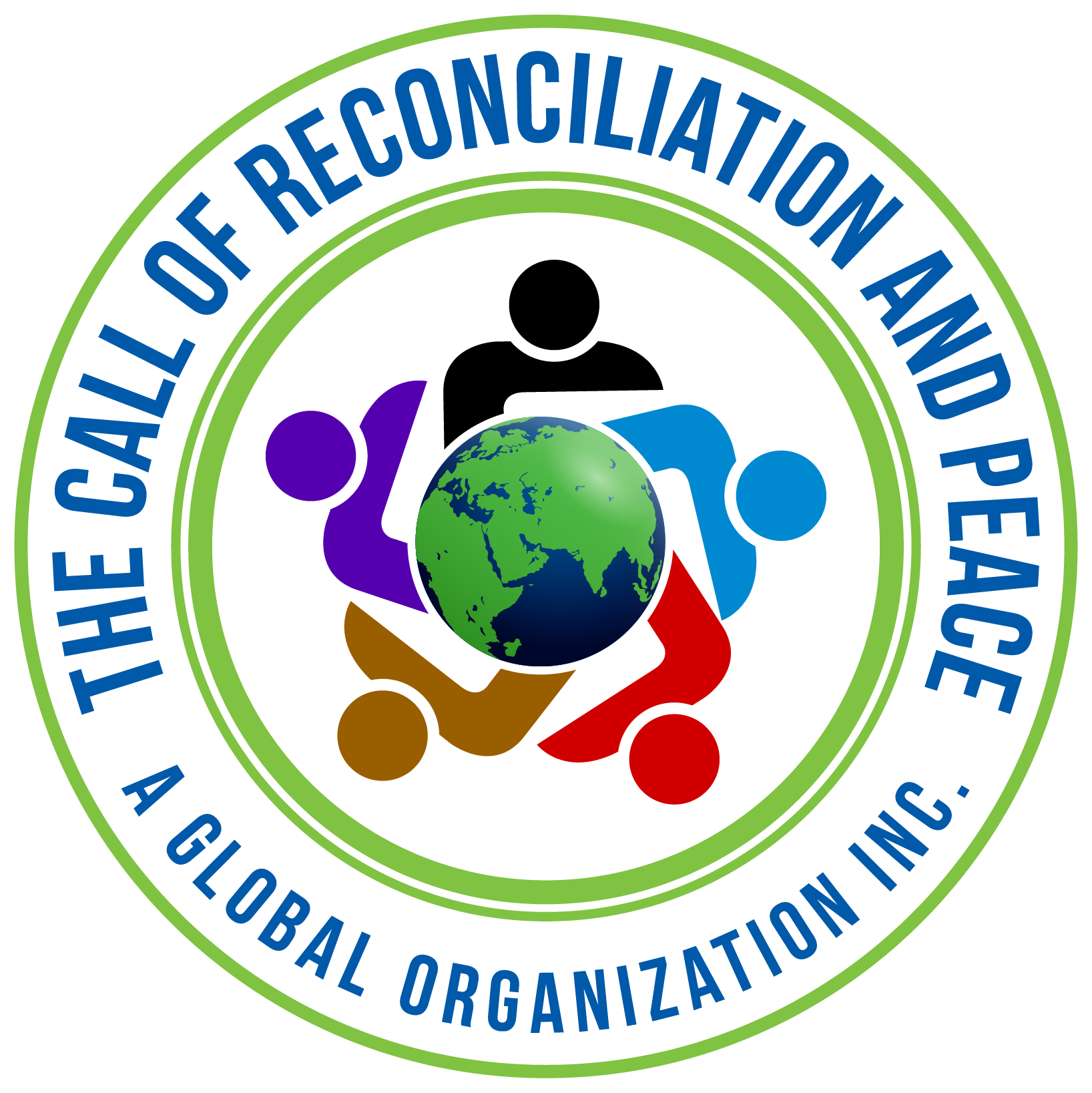Forgiveness is a powerful tool, it’s the starting point for healing and one of the most essential actions toward reconciliation. In actuality, forgiveness in religion is a universal aspect and is necessary for achieving peace. From the Islamic emphasis on mercy to the Christian concept of grace, from the Buddhist path of compassion to the Jewish process of repentance, forgiveness is a deeply ingrained value in all religions. These spiritual traditions make it clear that faith and reconciliation go hand in hand because they enable individuals to let go of their grievances and embrace understanding. The common knowledge of these religions provides hope in a world where division is all too common. Religious teachings remind us that healing is possible and that peace begins with faith and reconciliation, a willingness to forgive.
Why Faith Matters in Reconciliation
During difficult times, faith frequently provides direction, meaning, and a way to recovery. Compassion, humility, mercy, and love are examples of spiritual qualities that inspire people to look past their anger and pursue understanding. These ideas have a big impact on how people respond to personal and societal wounds. Following a conflict, whether it be between two people, a community, or a nation, the role of faith in healing becomes even more apparent.
Reconciliation, as religious teachings on forgiveness tell us, is about altering the past, not forgetting it. Faith traditions use prayer, self-reflection, and moral teaching to give people the strength to forgive, rebuild trust, and begin again. In this way, religion is essential for healing divisions and uniting communities.
What Major Religions Say About Forgiveness
Forgiveness is a core teaching across many of the world’s major religions. While each tradition has its own unique approach, they all emphasize the power of letting go, healing, and restoring peace in both personal and community life.
Christianity: The main Christian concept is forgiveness. Believers are urged to love neighbors and forgive wrongdoers. Christian forgiveness is seen as both a personal responsibility and a path to peace in relationships and communities.
Islam: Forgiveness is deeply rooted in Islam. God is known as “The Most Merciful.” It is taught to believers to show that mercy in their own lives. Islamic views on forgiveness emphasize the significance of letting go of grudges and attempting to mend after wrongs, both personally and collectively.
Judaism: Teshuva is the primary means of obtaining forgiveness for Jews. It’s about realizing you made a mistake and wanting to put things right. People focus on apologizing to God and to others on the holy day of Yom Kippur. Jewish teachings on reconciliation believe that in order to truly restore relationships, you must accept responsibility for your acts and do your best to heal any harm you may have caused.
Buddhism: Buddhism teaches that holding onto anger creates suffering. It is recommended to forgive in order to release oneself from unpleasant feelings. Buddhism and compassion go hand in hand because compassion is viewed as a potent force that promotes healing for both the forgiver and the forgiven.
Hinduism: Hinduism identifies forgiveness with karma, dharma (one’s moral duty), and ahimsa (nonviolence). It is considered a step toward spiritual growth and purity to let go of grudges. Harmony, inner tranquility, and living in line with one’s higher self are highlighted in the Hindu perspective on forgiveness.
Interfaith Initiatives & Real-World Examples
Around the world, and right here in the US, religious communities have united to promote healing and interfaith reconciliation after conflict. These efforts show how shared faith values can build bridges and foster lasting peace.
In Georgia, the Atlanta Interfaith Manifesto brings together diverse religious leaders to strengthen respect, dialogue, and understanding in a multicultural city. It’s a living example of how faith traditions can work side by side to address local challenges and create unity.
Nationally, initiatives like Shoulder to Shoulder have brought Jewish, Christian, and Muslim leaders together to speak out against religious discrimination and promote solidarity, especially after acts of hate or violence.
Globally, Religions for Peace supports interfaith collaboration in areas affected by war or division. As Pope Francis once said in Georgia, peaceful coexistence starts by honoring people as they are. He urged the world to see ethnic, political, and religious differences not as threats, but as opportunities for mutual enrichment and spiritual peacebuilding. Only through peace and forgiveness, he said, can we overcome the deeper enemies, those of hatred and division, that dwell within and around us.
Faith, Forgiveness, and You: What We Can Learn
Faith traditions around the world consistently teach the power of forgiveness, compassion, and healing. Whether through Christian grace, Islamic mercy, Jewish repentance, Buddhist compassion, or Hindu nonviolence, forgiveness across religions offers a powerful path toward personal and collective peace.
In times of division or conflict, turning to faith can provide strength, guidance, and perspective. It encourages us to act with empathy, to listen with open hearts, and to rebuild what’s been broken.
As we reflect on these spiritual lessons, we’re reminded that religious unity and peace are possible, starting with our own actions, words, and willingness to forgive. Healing our communities often begins with healing ourselves.
Final Thoughts
Although it’s not always simple, forgiveness has great power. It is regarded as a step toward understanding, healing, and enduring peace in all cultures and religions. Spiritual teachings can provide a clear way ahead, whether you’re trying to heal a personal relationship or assist in healing divisions in your society. We have seen how religious harmony and peace are practiced, experiences founded on empathy, compassion, and hope rather than just being ideals, from modest endeavors to global interfaith movements. Regardless of your background or beliefs, there is something to be learnt from the universal wisdom of forgiveness present in all religions.
One of the bravest and most restorative actions we can take in a world that might feel divided is to choose to forgive, whether out of faith or just out of humanity.



